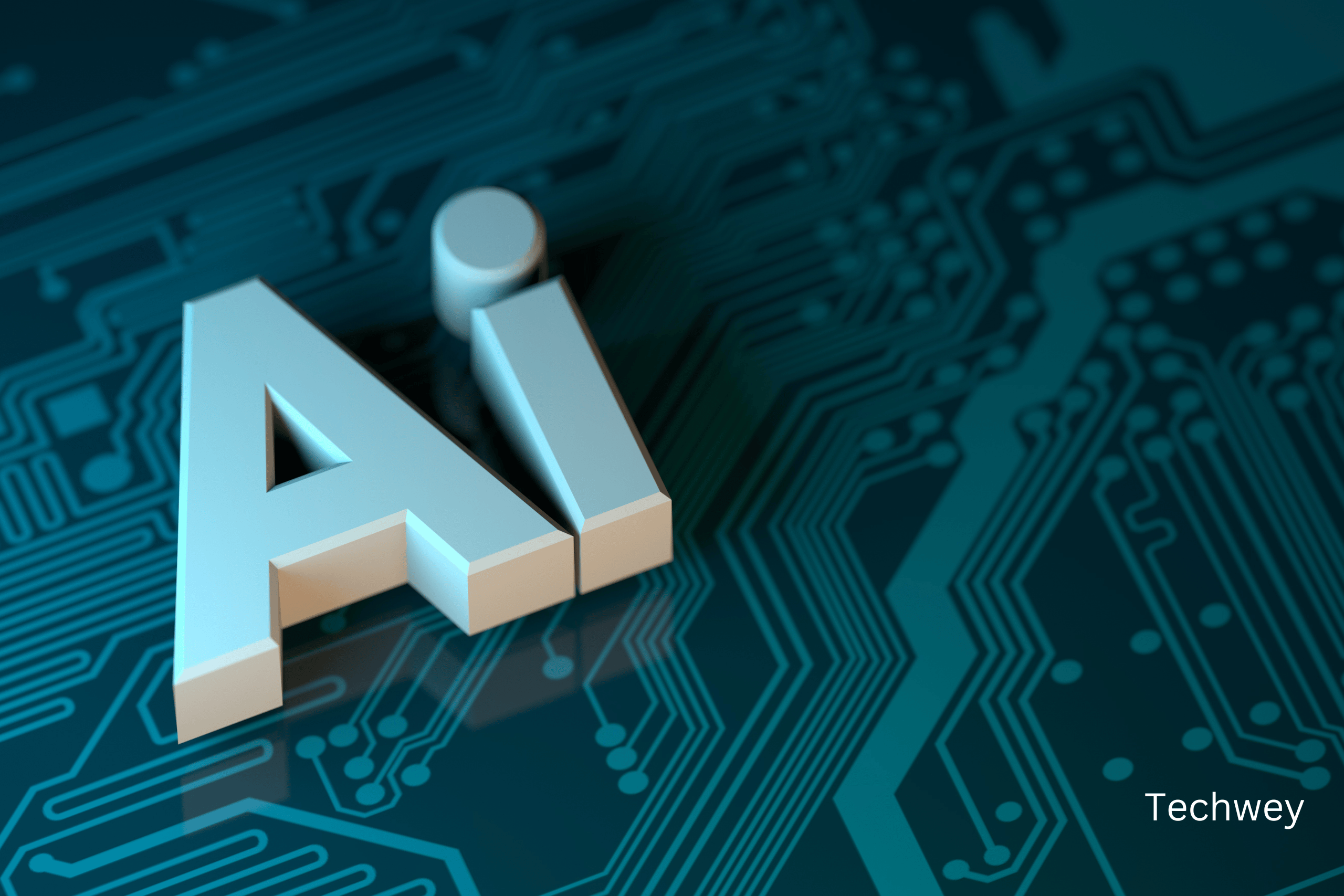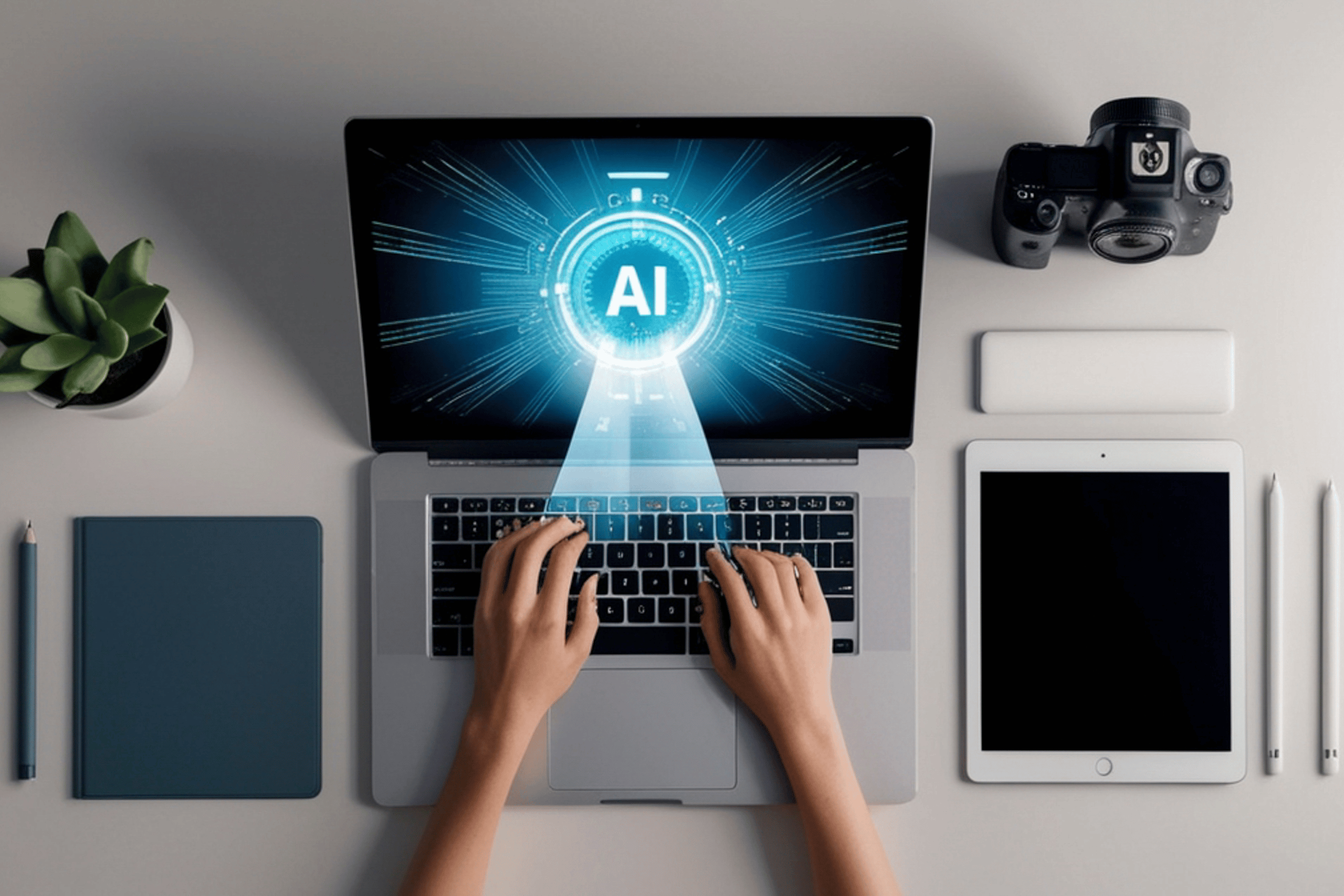
Artificial intelligence (AI) has quickly become one of the most transformative technologies of the 21st century. From automating mundane tasks to powering advanced systems in healthcare and finance, AI is revolutionizing how we live and work. This article explores the evolution of AI, its everyday applications, industry impacts, challenges, and what the future holds.
The Evolution of AI
The journey of AI began in the mid-20th century when scientists like Alan Turing explored the possibility of machines mimicking human intelligence. Early AI systems were rudimentary, designed to perform tasks like solving mathematical problems or playing chess. Fast forward to today, AI has evolved into complex systems capable of natural language processing, deep learning, and image recognition. Technologies like neural networks and machine learning algorithms have made AI more efficient and accessible.
Everyday Applications of AI
AI is no longer confined to laboratories; it has permeated daily life:
- Voice Assistants: Devices like Amazon Alexa and Google Assistant use AI to answer questions, set reminders, and control smart home devices.
- Healthcare: AI-powered tools aid in diagnosing diseases, analyzing medical imaging, and personalizing treatment plans.
- Automation: From self-checkout systems in retail to autonomous vehicles, AI streamlines processes and enhances efficiency.
AI’s Impact on Industries
AI is driving innovation across various sectors:
- Finance: Banks use AI for fraud detection, credit scoring, and personalized customer experiences.
- Education: AI tools like adaptive learning platforms customize educational content for students.
- Transportation: Autonomous vehicles and smart traffic systems rely on AI to improve safety and reduce congestion.
Ethical Considerations and Challenges
Despite its benefits, AI presents challenges:
- Bias in AI Systems: Machine learning algorithms can perpetuate societal biases if trained on skewed data.
- Privacy Concerns: The use of AI in surveillance raises ethical questions about personal data usage.
- Job Displacement: Automation may lead to job losses in certain sectors, necessitating workforce reskilling.
The Future of AI
The future of AI holds immense possibilities. Experts predict advancements in areas like quantum computing, natural language processing, and AI ethics. These innovations promise to make AI systems more intelligent, reliable, and equitable. However, addressing challenges like bias and data privacy will be crucial for sustainable growth.
Artificial intelligence is undeniably shaping the future, impacting every aspect of society. By understanding its capabilities and limitations, we can harness AI for the betterment of humanity.






Leave a Reply